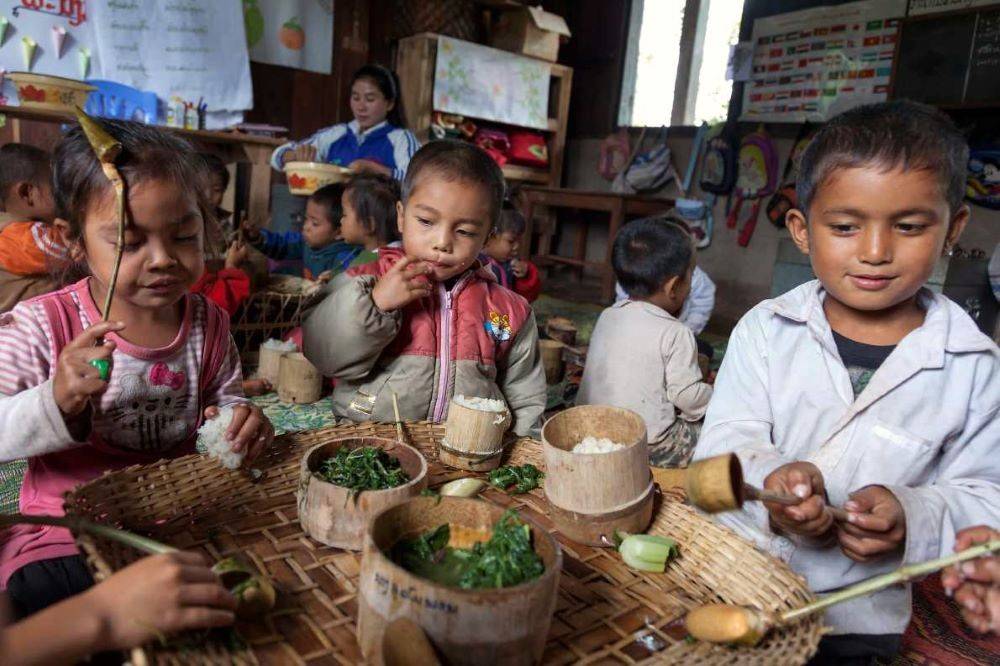
The agreement was signed in Rome, Italy, by Deputy Minister of Finance Phouthanouphet Xaysombath, on behalf of the Lao government, and Ambrosio Barros, Country Director of IFAD in Laos. Women, young people, and people with disabilities will be prioritized in the project. The Agriculture for Nutrition Phase II project builds on the first phase's success and lessons learned, which ran from 2016 to 2022.
The second phase, according to IFAD, is a USD 48.2 million project, with IFAD contributing USD 13.2 million over a seven-year period from 2023 to 2029. The Global Agriculture and Food Security Programme will contribute USD 20 million in the form of a grant, while the Lao government will contribute USD 4.8 million. The private sector is expected to contribute USD 1.5 million, while project participants are expected to contribute USD 2.1 million.
The project's first phase demonstrated that sustainable climate-resilient agriculture practices, combined with the development of strong community-based organizations that work for their members, could result in higher incomes and better nutrition for rural families. The project will also help Laos' agriculture and food systems recover in a sustainable and inclusive manner following the pandemic.
"More than 60% of Laotians live in rural areas," Barros said. "Agriculture is their main source of income. However, the majority of farmers are small-scale subsistence farmers who have been disproportionately affected by the pandemic. As a result, the project's second phase will concentrate on the role of small-scale farmers in improving household nutrition and food security through sustainable agriculture."
Laos has experienced significant economic growth in the last two decades, but pandemics and natural disasters have hampered efforts to improve living conditions. This has taken a heavy toll on rural families, with many struggling to meet their food needs, making malnutrition a serious problem.
The project's first phase was funded by the Global Agriculture and Food Security Programme and managed by IFAD (in collaboration with the Department of Planning and Cooperation of the Ministry of Agriculture and Forestry, as well as the World Food Programme). The project has improved nutrition by promoting small and medium-scale agricultural development, including home gardens, with a decrease in stunting and higher incomes reported across project areas.
The project's second phase will expand these activities in the provinces of Oudomxay, Phongsaly, and Xieng Khuang, as well as the southern provinces of Saravan, Xekong, and Attapeu, reaching 168,000 people in 28,000 households. It will establish community-led agricultural and natural resource-based nutrition interventions, as well as improve market access and contribute to the creation of an enabling environment for more and better partnerships.















